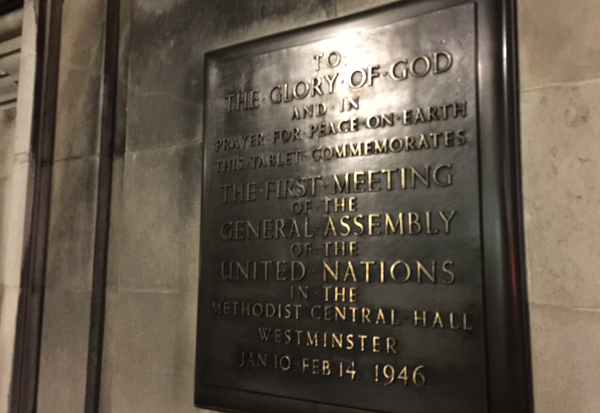“Normal People”? What?

I am not really an expert in anything. However, I have some experience in dealing with experts. Over the last couple decades, I’ve been privileged to work closely with brilliant people in international affairs, finding ways to put their research and analyses into words non-experts could understand.
What I mean by “normal people” is simply those of us who are not experts in world events, global trends, international crises, or human rights. We may be knowledgeable in some other field, and, while we may try to follow what’s happening around the world, international affairs is not our specialty.
A quantum physicist can be a genius in their field, but they’re completely lost when it comes to, say, the conflict in Sudan and why it matters. Even international affairs experts aren’t experts in every part of it: someone can understand events in Myanmar in great detail but know very little about Iran. We can all be experts in one or two subjects, but we’re all “normal people” in most things.
Even so, the field of international affairs is a bit special. It tends to be seen as, and often is, an elites’ game. We normal people can feel we are, at best, watching from up in the cheap seats. The action down on the field is far away, and we’re rarely even told the rules of the game – or when those rules are being broken, as is happening a lot these days.
Sure, everyone can have an opinion about some international issue, but the corridors of diplomacy and decision-making are incredibly exclusive. International affairs commentators and pundits are too often writing primarily for audiences already in the know. International law seems almost the realm of high priests who can hardly explain their incantations to the uninitiated.
This is awful for human rights in particular, because it makes them seem academic, idealistic, and of concern to elites only. It puts distance between the rules and the people the rules were meant to help – that is, all of us. And when people start to turn against political elites, they then turn against the idea of human rights. The fact that human rights are universal gets lost in the anti-elites outrage.
The problem is not necessarily that experts in international affairs want to be elitist. It’s just, they simply know too much. They are too deep in the details and nuances. Most importantly, they usually only discuss their topic with other insiders using insider language. They rarely, if ever, have to explain things in a way you and I can understand.
For more than 20 years, this is where I came in. I helped translate experts’ work from professional jargon to normal-people language. I published these efforts in things like my Daily Brief for Human Rights Watch, as well as commentary articles for Crisis Group, and other writing.
This is what I intend to do here with “International Affairs for Normal People”.
What’s happening globally right now – atrocity-ridden conflicts in Ukraine, Israel/Palestine, and elsewhere; the descent of the US into authoritarianism; the expansion of Chinese repression; European leaders abandoning the EU’s founding principles; the climate crisis; the forgotten wars and dictatorships linked to key commodities – all of these things, and many others, affect every one of us.
More than ever, it’s essential we understand the world in our terms, in the language of normal people.
I hope you will join me by subscribing to this email newsletter and sharing links to posts on your social channels, as well as with your family and friends. If you sign up, you’ll have full access and be able to comment on the posts, too.
I look forward to interacting with folks here and trying to answer any questions as best I can. And if I don’t know the answer – which is more than likely, because I’m not an expert – I will find someone in my network who does.
I’ll try to post about once a week, and I’ll keep it all free for as long as I can.
Thanks for your support!
Andrew



